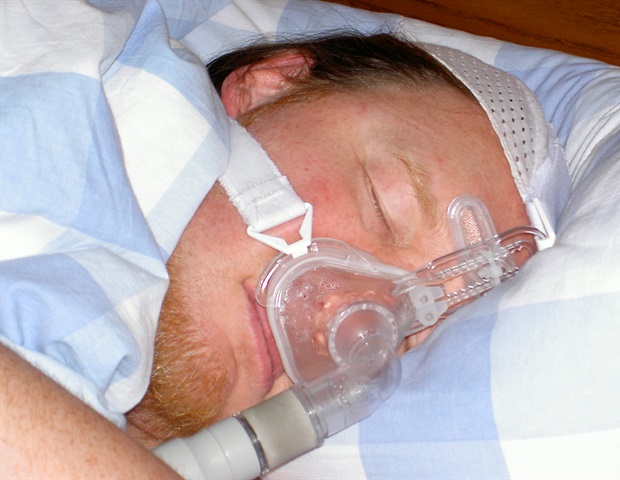A new study to be presented at the SLEEP 2024 annual meeting found that sleep apnea is associated with increased odds of future utilization of health care services including hospitalization among older adults. Results show that participants aged 50 years and older with sleep apnea had a 21% higher odds of reporting future use of any health service compared with those without sleep apnea. Specifically, individuals with sleep apnea had 21% higher odds of hospitalization after controlling for potential confounders including demographics, body mass index, health conditions, and depressive symptoms.
"Our research indicates that older adults who have sleep apnea are more likely to use health services in the future than those who don't have sleep apnea," said lead author Christopher Kaufmann, who has a doctorate in public mental health and is an assistant professor in the department of health outcomes and biomedical informatics at the University of Florida College of Medicine in Gainesville. "The findings hold true even after taking into account other factors that may contribute to an increased risk of health service utilization." According to the American Academy of Sleep Medicine, nearly 30 million adults in the U.

S. have obstructive sleep apnea, a chronic disease that involves the repeated collapse of the upper airway during sleep. Untreated, moderate to severe sleep apnea is associated with an increased risk of medical problems such as hypertension, coronary artery disease, atri.























